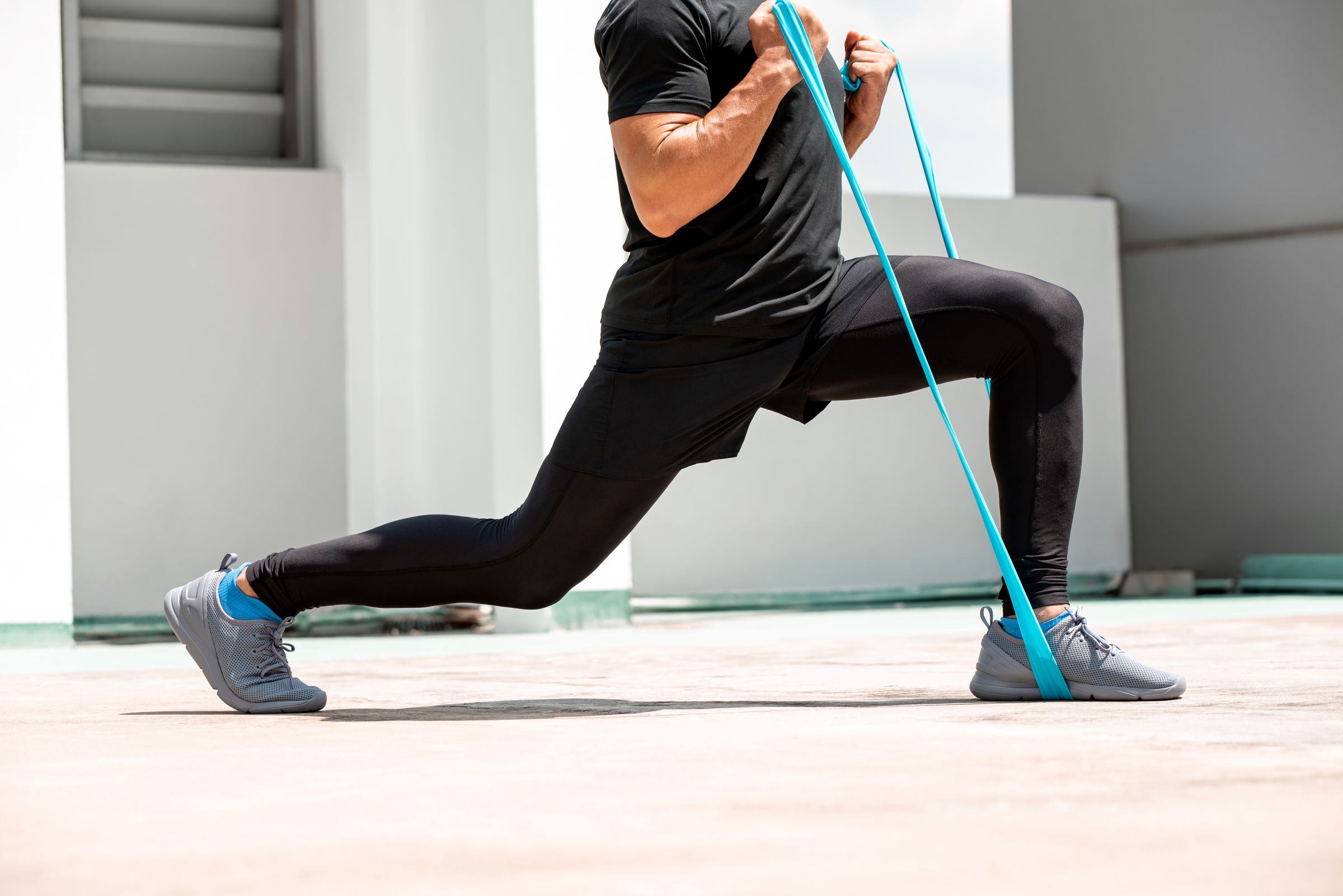
Taking your workouts to the next level requires energy and commitment, which can be challenging to muster up after a long day of work or for your early morning workout. Many workout enthusiasts turn to pre-workout supplements to help offer a boost of energy and help them crush their workouts. However, using pre-workout can come with a few questions, especially for beginners. How long does pre-workout last? How much pre-workout should you be taking? We’ll break down the answers to all of your burning pre-workout questions in this guide below.
What is a pre-workout?

Pre-workout is a dietary supplement taken before a workout, usually in powder or pill form. The ingredients of each pre-workout formulation vary depending on the type and brand. However, the ingredients within a pre-workout are generally formulated to help provide an energy boost for your workout and enhance your focus as well.
When you look at the different types of pre-workouts on the market, you’ll see they mostly fall within two categories. The primary category of pre-workout supplements is those with stimulant ingredients such as caffeine. Research does support the effectiveness of these pre-workouts in enhancing muscular endurance and improving overall athletic performance. Recently, many brands have also crafted more natural pre-workout formulations that use natural sources of caffeine, such as green tea extract, as opposed to synthetic caffeine.
The other group of pre-workout supplements are those that do not contain stimulants. Instead, these usually include amino acids that can provide energy for your workout but are ideal for those who do not like the effects of caffeine. For example, taking branched-chain amino acids (BCAAs) before a workout offers your body a fast-acting fuel source without caffeine.
How long does pre-workout last?

The answer to how long a pre-workout lasts is not always clear-cut. Pre-workout generally lasts between three and six hours after taking it but can vary depending on your metabolism. To ensure your pre-workout lasts long enough for your workout but not too long, consider your body weight when determining the appropriate dose. A general rule of thumb to follow is to consume 3 to 6 milligrams of pre-workout supplements per gram of body weight.
The scooper that comes with your pre-workout may vary in size depending on the brand you choose. Remember to start slow, working your way up to find the dose that works best for you. It can take some time to adjust to the ramped-up energy pre-workout supplements provide.
How long to take pre-workout before going to the gym

The best time to take your pre-workout is right before your workout. It takes about 30 to 45 minutes to notice the effects of most pre-workout supplements, so you could even drink it on your way to the gym. If you exercise in the morning, be careful about consuming coffee alongside your pre-workout, as this can put your daily caffeine consumption way over the recommended limit of 400 milligrams (as per the FDA). On the other hand, if you’re working out late in the evening, be mindful of the effects that caffeine can have on your ability to fall asleep and stay asleep.
Can I drink pre workout during my workout?

Thinking of taking your pre-workout drink to the gym with you? While it may seem like a great idea to keep the energy flowing throughout your workout, consuming pre-workout during your workout is not recommended. It doesn’t make sense to continue to drink pre-workout while ending your workout. This can leave you with lingering effects of the pre-workout supplement for too long after you’ve completed your workout.
Instead of a drinking pre-workout supplement intra-workout, opt for a hydrating electrolyte beverage to replenish lost minerals you’ve sweat out. Filling up your water bottle with electrolytes to sip on during your workout can help you feel and perform your best. This is especially helpful for high-intensity cardio activities that result in a major loss of electrolytes.
Choosing a pre-workout supplement

Pre-workouts are quite effective at getting you energized for your workout, but they are certainly not all created equally. Many pre-workouts on the market contain artificial ingredients that are not beneficial to your health. Since pre-workouts are a dietary supplement, they are not regulated by the Food and Drug Administration (FDA) the way that prescription medications are.
When selecting the best pre-workout supplement for you, avoid products that contain artificial sweeteners such as aspartame or acesulfame-K. Always pay close attention to the milligrams of caffeine per serving as well as the dose of Niacin (a B vitamin) which is often too high for your daily recommended value.


